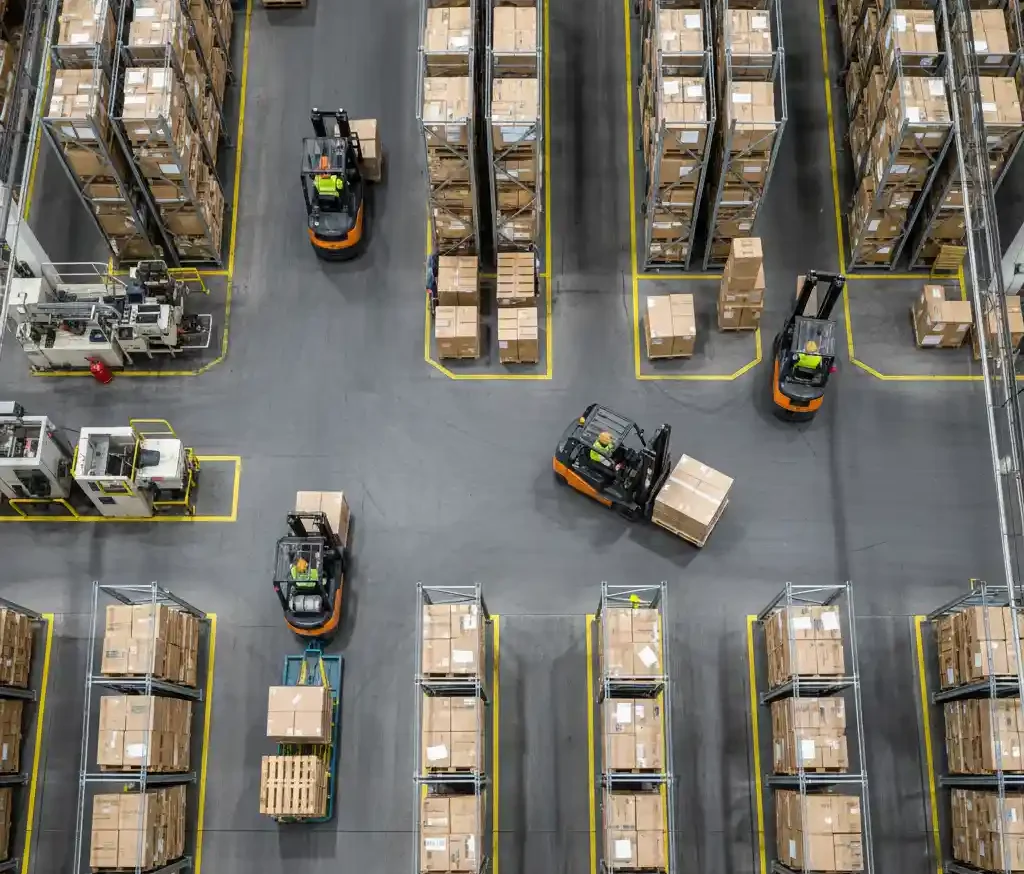The Future of Work – How Technology is Changing the Workplace
Technology has revolutionized our workplaces and our working methods, enabling employees to have greater flexibility while increasing productivity.
But the increasing use of technology also causes workers to worry that they could soon be replaced by robots if not managed effectively by businesses. Therefore, it’s crucial that organizations understand the challenges involved with this transition, including its possible effects on workforces.
1. Artificial Intelligence
Artificial Intelligence (AI) is one of the world’s most transformative technologies, from driverless cars to question-answering AI systems – changing how we interact with each other and the world at large.
AI tools have long been part of workplace life, such as transcription and speech analysis technologies that enable instant transcriptions – no more scrawling notes or waiting on colleagues for inputs or approvals!
2. Robotics
Robots have taken over many human-centric industries. Ranging from medical care to physical therapy, robots have replaced humans in numerous roles across industries.
Robots make ideal workers in many settings, as they are capable of handling heavy loads and toxic substances without incurring injuries to workers or compromising safety.
3. Virtual Reality
Virtual reality (VR) technology can help businesses use VR for employee training, recruitment and collaboration purposes. VR also serves to close skill gaps between different workplaces by speeding up adaptation time for new roles or responsibilities for employees.
VR simulations have proven particularly helpful in manufacturing and healthcare environments where employees must interact realistically with patients. For instance, doctors and nurses use virtual reality simulations to practice treating real patients before doing so in real life.
4. Artificial Intelligence in Education
Artificial intelligence (AI) is quickly disrupting the education system by offering new tools and ways to teach. Students now have easier access to personalized learning at any time or location – thanks to AI!
Artificial intelligence offers many advantages, yet also raises a number of ethical and philosophical concerns. Perhaps most significantly is how AI may bias student results leading to inequalities and gaps in accessing learning opportunities.
5. Smart Cities
Modern workplaces have evolved into highly digital and data-driven environments, where employees may work from different locations at various times of day or week. Employees can access project updates, company news and meetings from any computer or device in real-time.
Smart cities utilize digital technology to collect information on everything from traffic management and public safety to infrastructure and use this data to make city operations more efficient while improving services for citizens.
6. The Internet of Things
The Internet of Things is an emerging trend that connects physical objects to digital systems. This technology will transform how we work, interact, and connect.
IoT increases our productivity by cutting the time we spend performing repetitive, tedious tasks. Bots automate these tedious chores like switching off lights when an employee leaves an office or ordering supplies when stock levels run low.
7. Connected Devices
As connected devices become an essential component of workplaces, they have become essential. From monitoring employees’ movements and keeping them safe to providing various other benefits for businesses.
IoT technology can reduce operational costs by decreasing energy usage. Furthermore, it can boost productivity, enhance team performance and enable more effective decision-making processes.
8. The Cloud
Cloud technology is revolutionizing the workplace, enabling workers to work from any location at any time and improving collaboration among employees.
Cloud services enable businesses to save money. No longer are costly server centers or IT departments necessary.
As a result, many businesses are moving their IT infrastructure into the cloud in order to take advantage of faster Internet connections and remote data storage solutions.
9. Social Media
Social media can be an extremely effective tool to help your business communicate with customers and prospects more efficiently and build relationships amongst stakeholders, co-workers and co-owners.
However, social media can be used both wisely and strategically in order to reap its full potential benefits.
Misusing social media at work for non-work related reasons is a serious threat to modern organizations, posing risks to data security and increasing chances of hacking. Furthermore, employees may become addicted to it and hence hinder morale and productivity in the workplace.



